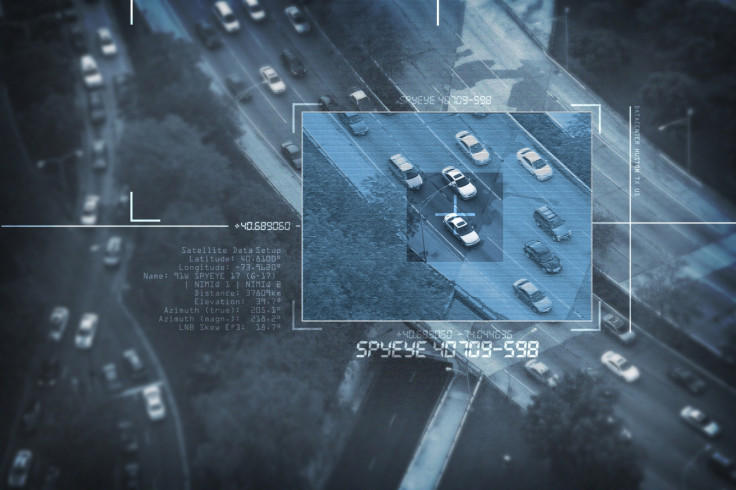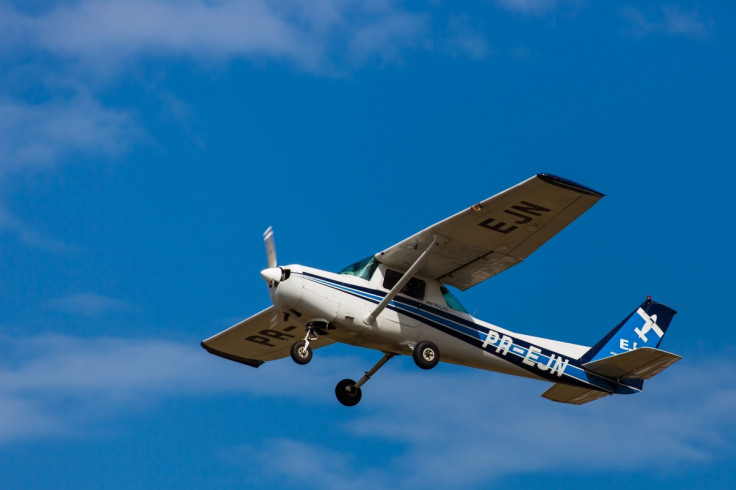The spy in the sky: How Baltimore's secret cameras tracked a whole city to solve crime
The software is a commercialised version of military tracking software used in Iraq.

Since January this year, a private company has been working alongside the Baltimore Police Department to conduct widespread aerial surveillance and help solve crimes including shootings, murders and hit-and-runs.
However, in a case that has piqued the interest of civil-rights groups such as the ACLU, the existence of the spy plane programme, which is managed by Ohio-based Persistent Surveillance Systems, has remained under-the-radar and highly secretive.
As revealed by Bloomberg, the private surveillance firm offers local Baltimore police support from the sky, and is able to use small Cessna planes equipped with monitoring technology to scan roughly 30-square miles of the city at a time. To date, the police has not acknowledged the programme even exists.
The in-depth investigation into the use of these privately-funded planes showed how the police used Persistent Surveillance Systems to track members of the public who were protesting during the trial of the police officers charged in the death of Freddie Gray.
The firm, which reportedly receives daily crime updates from the Baltimore police department, is using a commercialised version of a former military programme called Angel Fire – first developed to track roadside bombs and terror suspects in Iraq.
Ross McNutt, Persistent Surveillance Systems' founder, who retired from the US military in 2007 after working on Angel Fire, later modified the systems to include more cameras and reduce both the cost and weight of the product. However, in bringing the surveillance offering to market, it wasn't all smooth sailing.
One trial-run in Los Angeles was met with backlash by the city's residents once the existence of the airplanes become known – almost a year after the test flights took place. "There is nothing worse than believing you are being observed by a third party unnecessarily," Compton Mayor Aja Brown told the Los Angeles Times at the time.

Eventually the surveillance technology was adopted by the Baltimore cops, which reportedly use the planes for up to 10 hours a day – without any public knowledge or rigorous legal oversight.
However, in the face of privacy concerns, the technology has resulted in not only actionable intelligence – but arrests and convictions. The full scope of the use of spy planes by law enforcement and federal authorities in the US is still coming to light.
Most recently, the FBI, which routinely uses so-called 'eyes in the skies' to track protests and social unrest, released nearly 20 hours of raw footage from its monitoring of the Black Lives Matter protests in April last year
Anticipating the backlash that may occur should the secretive surveillance programme be made public, Bloomberg revealed how Persistent Surveillance Systems' founder visited the ACLU headquarters in Washington last year in an attempt to calm privacy concerns.
While speaking with Jay Stanley, a senior policy analyst and privacy expert, McNutt reportedly explained how the cameras where not a threat, how the areal images could not identity individual people and that the firm's analysts only zoom in on areas designated by the police.
Stanley remained unconvinced. "I said to myself, 'This is where the rubber hits the road. The technology has finally arrived, and Big Brother, which everyone has always talked about, is finally here,'" he said. When he was informed the planes had been flying over a major US city since the beginning of the year, Stanley added: "I would expect fierce controversy over this."
© Copyright IBTimes 2025. All rights reserved.






















